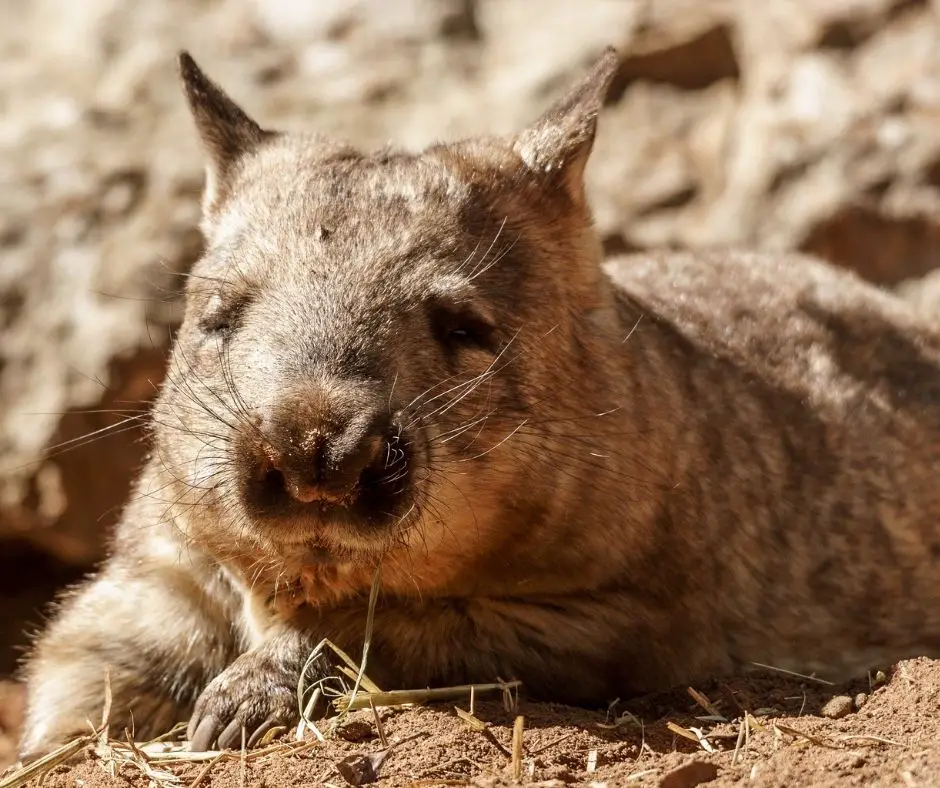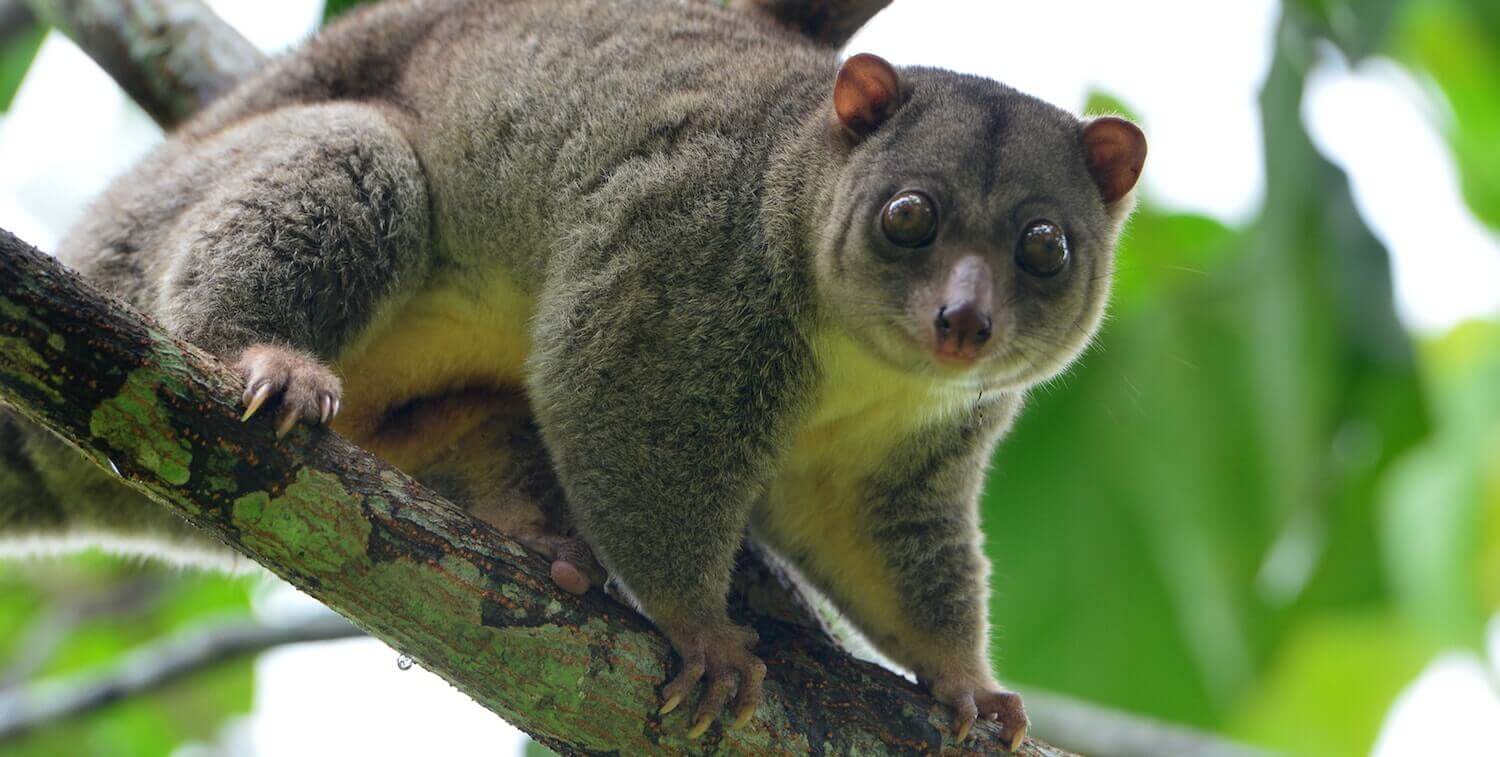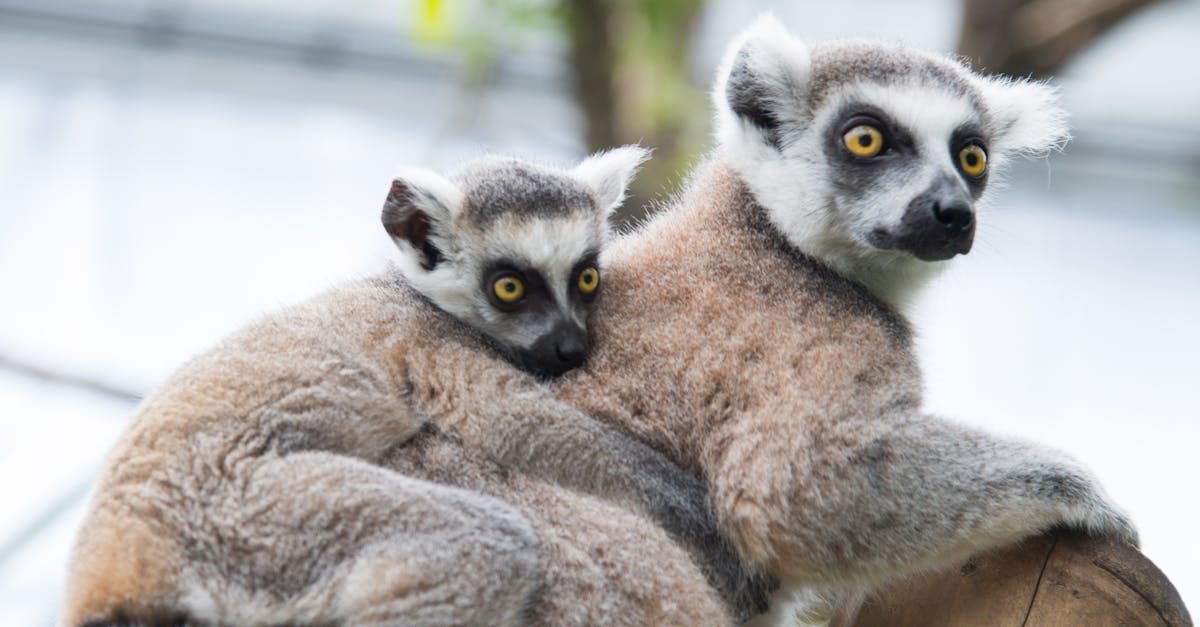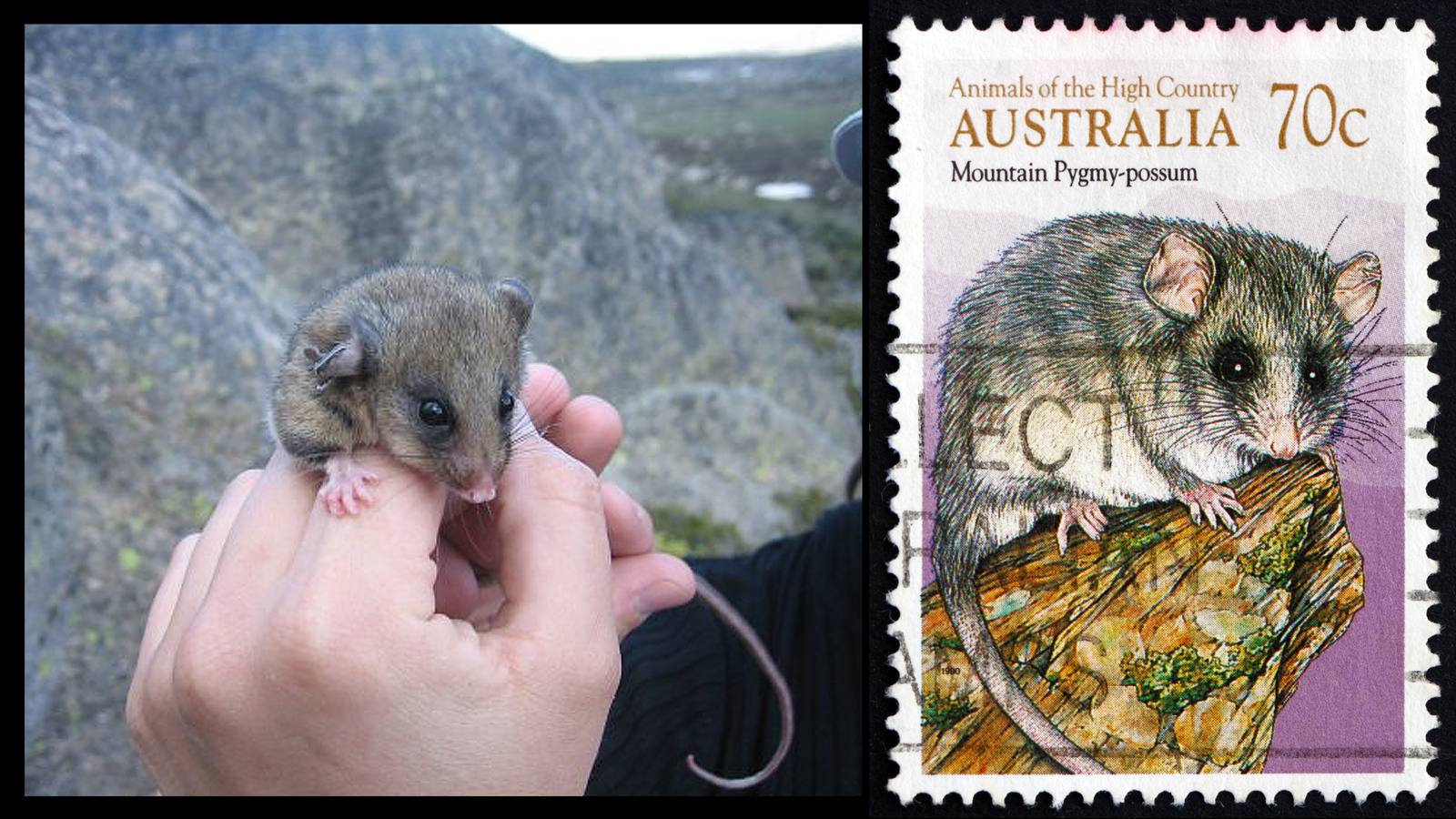
50 Different Types of Marsupials Animals HQ
Tarsiers, tiny nocturnal primates from Southeast Asia (pictured, a Philippine tarsier), are often cited as having huge eyes for their body size. Photograph by Zoonar GmbH/Alamy Weird Animal.

The southern marsupial mole is preposterous, even by Australian standards
Quick Navigation [ show] Types of Marsupials Black Shouldered Opossum The black-shouldered opossum is a woolly opossum. This opossum is only found in the southeast Peru and adjacent Brazil. This opossum is thought to face a high risk of extinction. They tend to have big ears that are not covered with fur.
Big Eyed Marsupial pdrmdesign
A solitary, tree-dwelling marsupial with big furry ears, large round eyes and a feather boa-like tail that lives in the eucalypt forests of eastern Australia, the greater glider is often.

TARSIER monkey primate eyes humor funny cute (15) wallpaper 3888x2592
phalanger spotted cuscus See all related content → cuscus, any of the seven species of Australasian marsupial mammals of the genus Phalanger. These are the marsupial "monkeys." The head and body are 30 to 65 cm (12 to 25 inches) long, the tail 25 to 60 cm (10 to 24 inches).

Marsupial Frog (Gastroteca riobamba) Andes, ECUADOR South America
When they are born, marsupials exist in a nearly embryonic state. At birth, their eyes, ears, and rear limbs are poorly developed. In contrast, the structures they need to crawl to their mother's pouch to nurse are well developed, including their forelimbs, nostrils, and mouth. 07.

CEPF
Notoryctes typhlops lacks eyes and an optic nerve; only small black vestigial buds beneath the surface of the skin remain of the eyes. No external ears or ear pinnae exist and each external auditory meatus consists of a small hole surrounded by a dense covering of fur.. Marsupial mole pops up in the Great Victoria and Gibson deserts.

Why Are Marsupials So Special? The Rainforest Site Blog
Marsupials include the kangaroo, koala, and opossum. The koala, sometimes called the koala bear, is a marsupial native to Australia.. Even after the offspring is big enough to leave the pouch, it may often return to the pouch for warmth and nourishment.. have beady eyes and sharp teeth, and can emit a very foul odor? Maybe. But what is so.

This Animal's Eye Makes Up Almost Half of Its Body
1. Brown Four-Eyed Opossum The brown four-eyed opossum is native to South America. Marsupials are mammals that carry their young in a pouch on the front of their bodies. This species can be found in Brazil, Ecuador, French Guiana, Guyana, and Peru. They live near rivers or other wetland areas with dense vegetation for protection from predators. 2.

Brown Marsupial Animals · Free Stock Photo
1. Horsfield's tarsier The Horsfield's Tarsier ( Tarsius bancanus ), also known as the western tarsier, is a relatively small primate species. They are furry with thin limbs, but what they lack in size they make up for in ability. They are an animal which has developed very acute senses.

Pin on Miniture Animals
Pottos potto at night | image by Eric Kilby via Flickr | CC BY-SA 2.0 The Potto is a primate in the Lorisidae family. Much like the owl, the Potto has large eyes to help with its night vision. This allows them to see even in low light, seeking out their prey. 3. Galagos bushbaby

Marsupials in Tasmania
The koala is an iconic Australian animal. Often called the koala "bear," this tree-climbing animal is a marsupial—a mammal with a pouch for the development of offspring. Though koalas look.

Why This Adorable, BugEyed Marsupial Is in Big Trouble
Marsupials are mammals that give birth to underdeveloped embryos, which then climb from the birth canal into a pouch on the front of the mother's body. Once inside, the infant, sometimes called a joey, feeds and continues to grow by attaching itself to a nipple.

Amari is a beautiful new addition to the Halls Gap Zoo! She is a
Marsupials Temporal range: Paleocene-Recent PreꞒ Ꞓ O S D C P T J K Pg N Possible Late Cretaceous records Clockwise from left: eastern grey kangaroo, Virginia opossum, long-nosed bandicoot, Monito del monte and Tasmanian devil representing the orders Diprotodontia, Didelphimorphia, Peramelemorphia, Microbiotheria and Dasyuromorphia respectively Scientific classification Domain: Eukaryota.

NAGAPIES Google Search Cute animals, Animal pictures, Animals
See one of Australia's most famous marsupials next. Paul Souders/Getty Images. Kangaroos are the only large mammals to use pogo-stick-styled locomotion. A single kangaroo hop can propel it 25 feet (7.6 meters) forward and 6 feet (1.8 meters) high. Discover a devilish marsupial next. PhotoLink/Getty Images.

The Opossum Our Marvelous Marsupial, The Social Loner Wildlife
1. Kangaroo The country's national symbol and one of the most adorable marsupials, kangaroos can be easily spotted throughout Australia and on the island of Tasmania as their population is shooting past the 50 million mark exceeding humans by two to one ratio. They prefer moderate to hot climates and rarely will you find them in cold regions.

A Snail's Eye View Marsupial stand off
Examples of marsupials include kangaroos, wallabies, possums, bandicoots, quolls, wombats, tree kangaroos, Antechinus, dunnarts, bettongs, the koala, quokka, sugar glider, Tasmanian devil and Virginia opossum. In the list of marsupials below you'll find pictures and facts on these and more marsupial species. Page Index Introduction To Marsupials